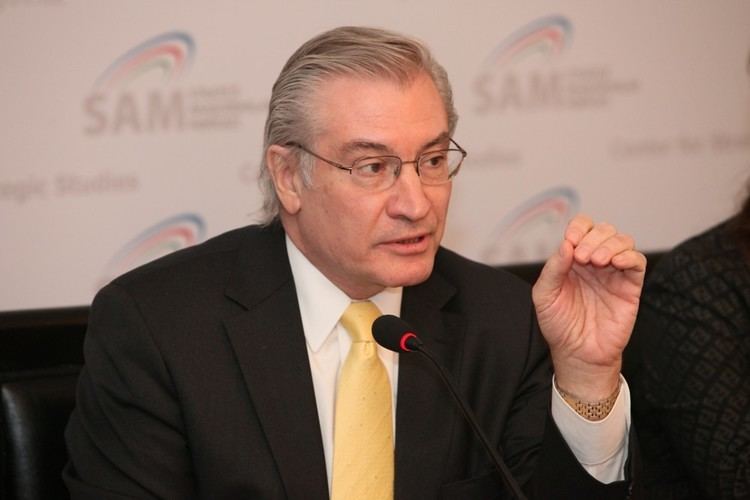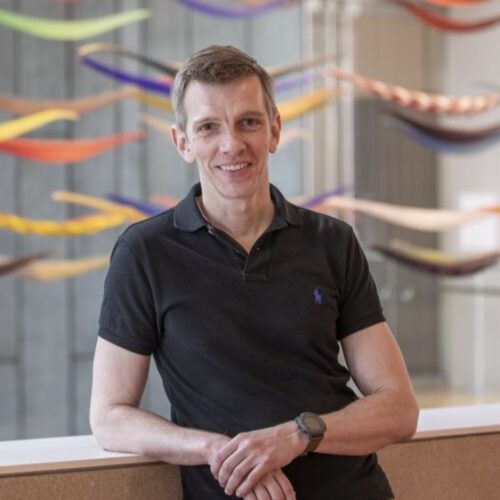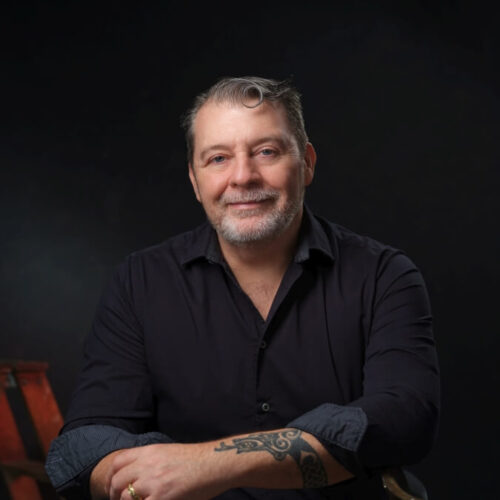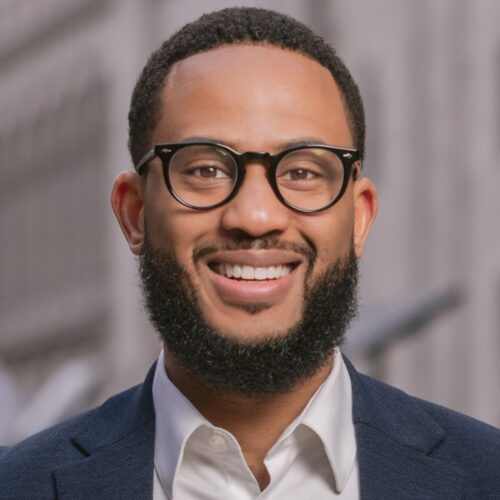Jerome C. Glenn: Science is an epistemology in the house of philosophy
Podcast: Play in new window | Download | Embed
Subscribe: RSS
 Jerome C. Glenn is co-founder and Director of The Millennium Project and I had great fun talking to him during our first interview. But it has been over two years since our previous conversation and so, when Jason Ganz reminded me that the latest State of the Future report has been out for several months now, I jumped at the opportunity to have Jerome back on my podcast.
Jerome C. Glenn is co-founder and Director of The Millennium Project and I had great fun talking to him during our first interview. But it has been over two years since our previous conversation and so, when Jason Ganz reminded me that the latest State of the Future report has been out for several months now, I jumped at the opportunity to have Jerome back on my podcast.
In this second discussion with Glenn we cover a wide variety of topics such as The State of the Future report; if the world is coming to an end; the definition of war and the conflicts in Palestine, Syria, Iraq, and Ukraine; things that changed and things that did not change since the last interview; infectious disease epidemics and the containment thereof; bitcoin – the currency and the technology; the 15 global challenges and why ethics is one of them; sea/saltwater agriculture; the growing rich-poor gap and technological unemployment…
My three favorite quotes that I will take away from the 2nd interview with Jerome C. Glenn are:
Science is an epistemology in the house of philosophy.
[…]
Love works and hate doesn’t.
[…] and my favorite one:
What works best is idealism but tempered by realism. […] Listen to the negative but don’t let it bury you.
As always you can listen to or download the audio file above or scroll down and watch the video interview in full. To show your support you can write a review on iTunes, make a direct donation, or become a patron on Patreon.
Who is Jerome C. Glenn?
Jerome C. Glenn co-founded and directs The Millennium Project, a leading global participatory think tank supported by international organizations, governments, corporations, and NGOs, which produces the internationally recognized State of the Future annual reports for the past 16 years. Jerome Glenn invented the “Futures Wheel”, a futures assessment technique; Futuristic Curriculum Development, and concepts such as conscious-technology, transinstitutions, tele-nations, management by understanding, feminine brain drain, just-in-time knowledge, feelysis, nodes as a management concept for interconnecting global and local views and actions, and definitions of environmental security, Collective Intelligence, and scenarios. He has consulted for governments, corporations, UN organizations, and NGOs. He wrote about information warfare in the late 1980s in his book Future Mind, sent his first email in 1973, and was hired by the Quakers action arm to organize the environmental programs in New England 1971. More recently he led the design and implementation of collective intelligence systems for the Global Climate Change Situation Room in South Korea, the Prime Minister’s Office of Kuwait, and now the Global Futures Collective Intelligence System
Saturday Review named him among the most unusually gifted leaders of America for his pioneering work in Tropical Medicine, Future-Oriented Education, and Participatory Decision Making Systems in 1974. He was instrumental in naming the first Space Shuttle the Enterprise and banning the first space weapon (FOBS) in SALT II. He has published over 150 future-oriented articles, spoken to over 300 organizations, written several books, and is the editor of Futures Research Methodology Version 3.0.








